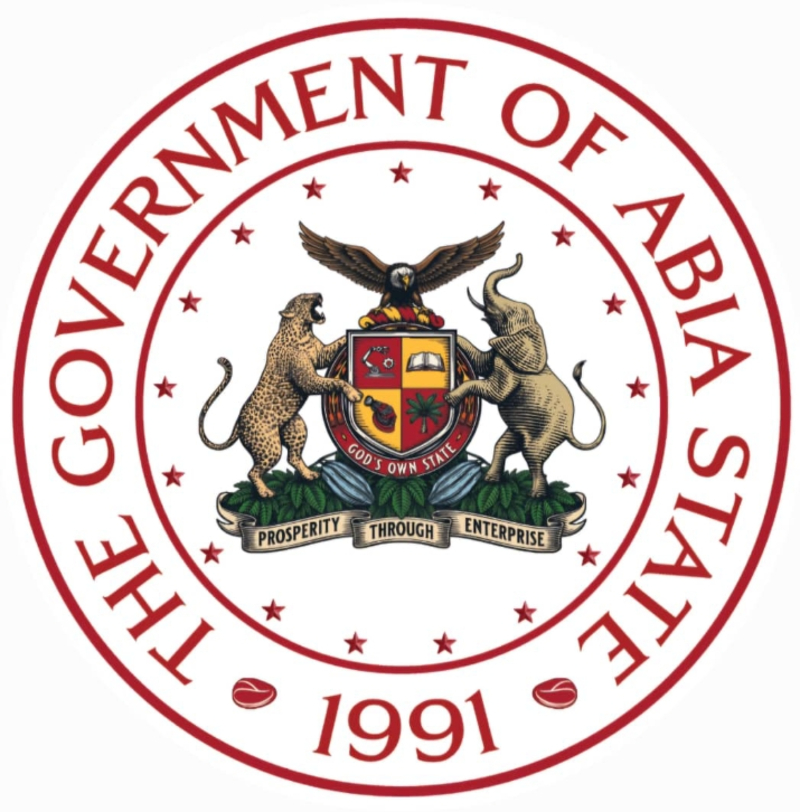The Abia State government has firmly dismissed claims of a “Shadow Government” operating within the state, cautioning the opposition Peoples Democratic Party (PDP) against using the term to describe its activities. The administration of Governor Alex Otti issued the rebuke following recent criticism of Abia’s 2025 Q2 financial report by a group referring to itself as the “PDP Shadow Government.”
Ferdinand Ekeoma, Special Adviser to the Governor on Media and Publicity, challenged the legitimacy of such a structure, emphasizing that Nigeria’s presidential system does not recognize shadow governments. “The concept of a shadow government is incompatible with a presidential framework,” Ekeoma stated during a briefing, accusing the PDP of attempting to “cause nuisance” under the guise of opposition oversight. He referenced prior warnings issued by the state government in 2024, when the PDP first floated the idea of a parallel governance structure, adding that authorities had “nipped their activities in the bud” at the time.
Ekeoma further highlighted a recent federal government advisory reaffirming that shadow administrations have no legal basis in Nigeria. He warned that renewed efforts by the Abia PDP to revive the concept would invite “a more fierce response” from state officials.
The dispute underscores tensions between the ruling Labour Party and opposition groups in Abia, a southeastern Nigerian state. Ekeoma argued that political parties already possess constitutionally recognized tools to critique government policies without resorting to额外 structures. “The PDP, like any opposition party, has lawful avenues to engage constructively,” he noted, citing Nigeria’s Constitution and Electoral Act as frameworks for responsible political engagement.
Amid the political sparring, Ekeoma sought to redirect attention to fiscal management, citing a Debt Management Office report indicating a reduction in Abia’s debt profile under the Otti administration. He attributed existing external debts to previous governments, framing current fiscal policies as corrective measures. The remarks appear to counter criticisms of the state’s financial transparency, though the PDP has yet to publicly respond to the latest statements.
The concept of shadow governments, common in parliamentary systems where opposition parties form alternative cabinets, remains unfamiliar in Nigeria’s presidential model. Legal experts note that while opposition scrutiny is integral to democracy, the creation of formal parallel structures could raise constitutional concerns. The Abia government’s forceful rejection of the label reflects broader debates about institutional boundaries in Nigeria’s evolving political landscape.
As the standoff continues, observers anticipate heightened political maneuvering ahead of Nigeria’s next electoral cycle, with governance accountability and fiscal management likely to dominate discourse in Abia and beyond.
